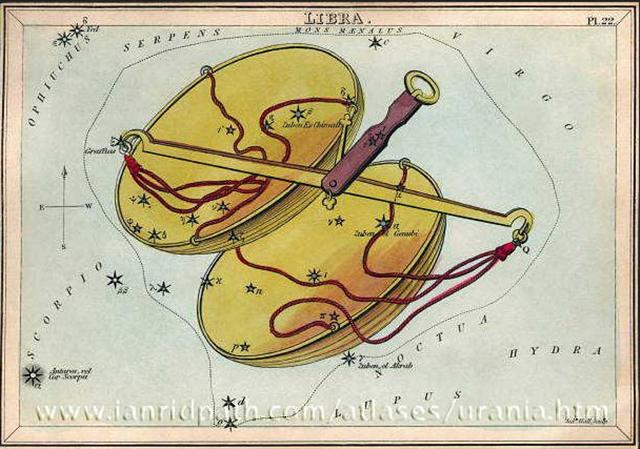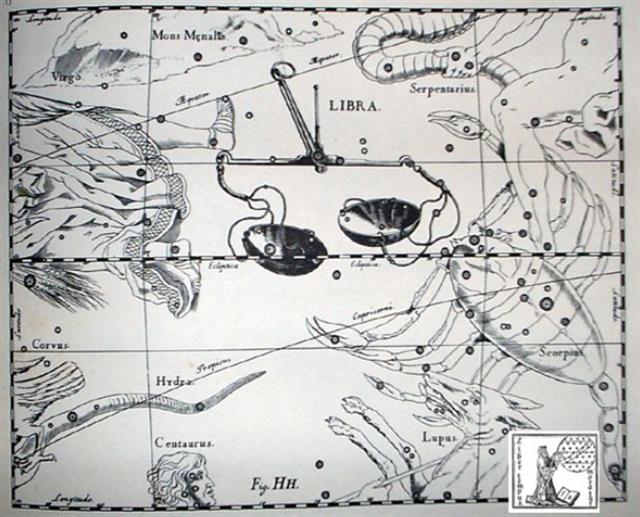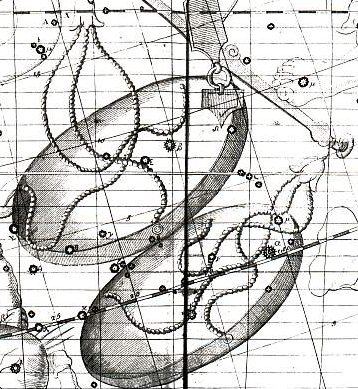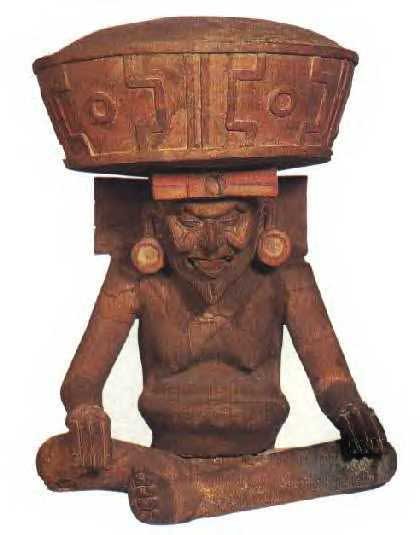| HAKI, v.
Haw., also ha'i and ha'e, primary meaning
to break open, separate, as the lips about to speak, to
break, as a bone or other brittle thing, to break off,
to stop, tear, rend, to speak, tell, bark as a dog;
hahai, to break away, follow, pursue, chase; hai,
a broken place, a joint; hakina, a portion, part;
ha'ina, saying; hae, something torn, as a
piece of kapa or cloth, a flog, ensign.
Sam., fati, to break, break off;
fa'i, to break off, pluck off, as a leaf, wrench
off; fai, to say, speak, abuse, deride; sae,
to tear off, rend; ma-sae, torn. Tah., fati,
to break, break up, broken; fai, confess, reveal,
deceive; faifai, to gather or pick fruit; haea,
torn, rent; s. deceit, duplicity; hae-hae,
tear anything, break an agreement; hahae, id.
Tong., fati, break, rend.
Marqu., fati, fe-fati, to break, tear,
rend; fai, to tell, confess; fefai, to
dispute.
The same
double meaning of 'to break' and 'to say' is found in
the New Zealand and other Polynesian dialects.
Malg., hai, haïk, voice,
address, call.
Lat., seco, cut off, cleave,
divide; securis, hatchet; segmentum,
cutting, division, fragment; seculum (sc.
temporis), sector, follow eagerly, chase, pursue;
sequor, follow; sica, a dagger; sicilis,
id., a knife; saga, sagus, a
fortune-teller.
Greek, άγνυμι,
break, snap, shiver, from Ѓαγ
(Liddell and Scott); άγν, breakage,
fragment; έκας,
adv, far off, far away.
Liddell and Scott
consider έκας akin to
έκαςτος,
each, every, 'in the sense of apart, by itself', and
they refer to the analysis of Curtius ... comparing
Sanskrit kas,
kâ,
kat (quis,
qua,
quid), who of
two, of many, &c.
Doubtless
έκας
and
έκαςτος are akin 'in the sense
of apart, by itself', but that sense arises from the
previous sense of separating, cutting off, breaking off,
and thus more naturally connects itself with the Latin
sec-o,
sac-er, and
that family of words and ideas, than with such a forced
compound as είς and
κας.
Sanskr.,
sach, to follow. Zend, hach, id. (Vid. Haug,
'Essay on Parsis'.)
I am well
aware that most, perhaps all, prominent philologists of
the present time - 'whose shoe-strings I am not worthy
to unlace' - refer the Latin
sequor,
secus, even
sacer, and
the Greek έπω,
έπομαι, to this Sanskrit sach. Benfey even
refers the Greek έκας to this sach, as
explanatory of its origin and meaning.
But, under
correction, and even without the Polynesian congeners, I
should hold that sach, 'to follow', in order to
be a relative to sacer, doubtless originally
meaning 'set apart', then 'devoted, holy', and of
έκας, 'far off', doubtless originally meaning
something 'separated', 'cut off from, apart from', must
also originally have had a meaning of 'to be separated
from, apart from', and then derivatively 'to come after,
to follow'.
The sense of 'to
follow' implies the sense of 'to be apart from, to come
after', something preceding. The links of this
connection in sense are lost in Sanskrit, but still
survive in the Polynesian haki, fati, and
its contracted form hai, fai, hahai,
as shown above. I am therefore inclined to rank the
Latin sequor as a derivative of seco, 'to cut
off, take off'.
Welsh,
haciaw, to hack; hag, a gash, cut; segur,
apart, separate; segru, to put apart; hoc,
a bill-hook; hicel, id. A.-Sax., saga, a
saw; seax, knife; haccan, to cut, hack;
sægan, to saw; saga, speech, story; secan,
to seek. Anc. Germ., seh, sech, a
ploughshare.
Perhaps the Goth.
hakul, A.-Sax. hacele, a cloak, ultimately
refer themselves to the Polynes. hae, a piece of
cloth, a flag.
Anc. Slav.,
sieshti (siekā), to cut; siekyra,
hatchet.
Judge Andrews
in his Hawaiian-English Dictionary observes the
connection in Hawaiian ideas between 'speaking,
declaring', and 'breaking'. The primary idea, which
probably underlies both, is found in the Hawaiian 'to
open, to separate, as the lips in speaking or about to
speak'; and it will be observed that the same
development in two directions shows itself in all the
Polynesian diaclects, as well as in several of the West
Aryan dialects ... (Fornander) |




